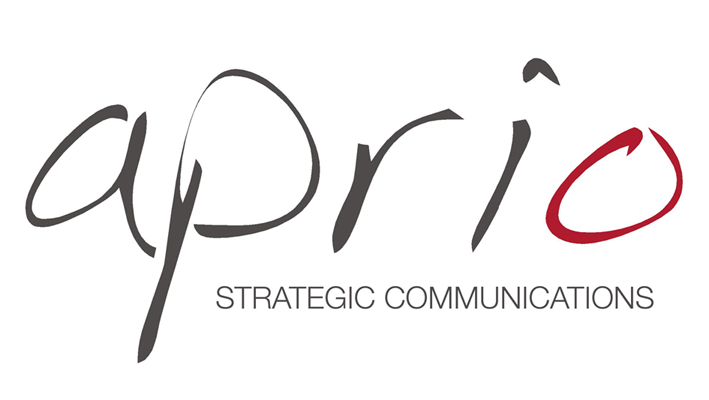With every election there seems to be increasing numbers of politicians jumping into social media to connect with potential voters. The younger generation have been at it for years, but we are starting to see more well-established politicians throwing their hats in the social media ring.
Social media is a major tool in the modern-day politician’s arsenal. It provides an opportunity to connect with voters on a one-to-one basis without the need to walk for hours around the neighborhood. Yet, despite it’s positive potential, social media can also be a metaphorical nail in the coffin for those politicians who fail to use it properly. Everywhere you look there seems to be case studies of ‘what not to do.’
Provided below are some tips for the social media newbie politicians. If your local politician does not ‘get it’ yet, please be sure to mail them a link to this article.
Be personal
Make sure you have a complete profile. It should have a recent photo, contact information and interesting information about yourself. Try to make your profile reflect who you are. Nobody wants to see the Twitter egg or some generic profile. Your social media profile is as important as your billboard photo. It’s where people virtually ‘get to know you.’ Transparency is also important. List your views and political viewpoints. People will respect you being up front with them.
Refrain from shouting
Social media is not a space where you should get up on your platform and blast your message out. Treat it as a place to connect with folks on a one-to-one basis. Think of it as more like a telephone vs. a megaphone. You would never phone up your friends and just start talking as loud as you can AT the other person. Don’t do this on Twitter or any other social media platform.
Also, save the bragging for your press release. You would never walk into a cocktail party and just start talking about how great you are. Social media is all about the soft sell.
Commit
Do not come on social media, blast a tweet out and then be silent for six weeks. If you are going to commit to it, make sure you’ve allocated enough time in your schedule to be able to engage at a meaningful level. Nobody expects you to tweet at 3 a.m., but realize that the conversation is happening all day, every day. Sometimes this might require you to be active on a Saturday or tweet a response on Sunday night. If a twitstorm starts on a Saturday night, you may not be able to wait until Wednesday to respond. Don’t be that person who responds three weeks later.
Help Others
The world (or at least the city or State) is watching you. Why not help others with your audience by provided a few caring re-tweets. Helping others is an unassailable position. Even if you do it wrong, you still do it right.
Expect conversation
When you tweet or post, expect it’s going to lead to a conversation. If you don’t want to have the conversation, please don’t start it. Imagine phoning a voter, stating a fact and then hanging up. You wouldn’t win many friends that way.
Don’t ever blame ‘the hackers’
If you accidentally tweet a photo of your backside or say something ludicrous please don’t blame it on ‘the hackers.’ Learn how to use your computer or cell phone well enough that this won’t happen. Own your account and be accountable.
Do you have other tips for politicians? Please add to the comments and lets produce a comprehensive list.

No comments:
Post a Comment